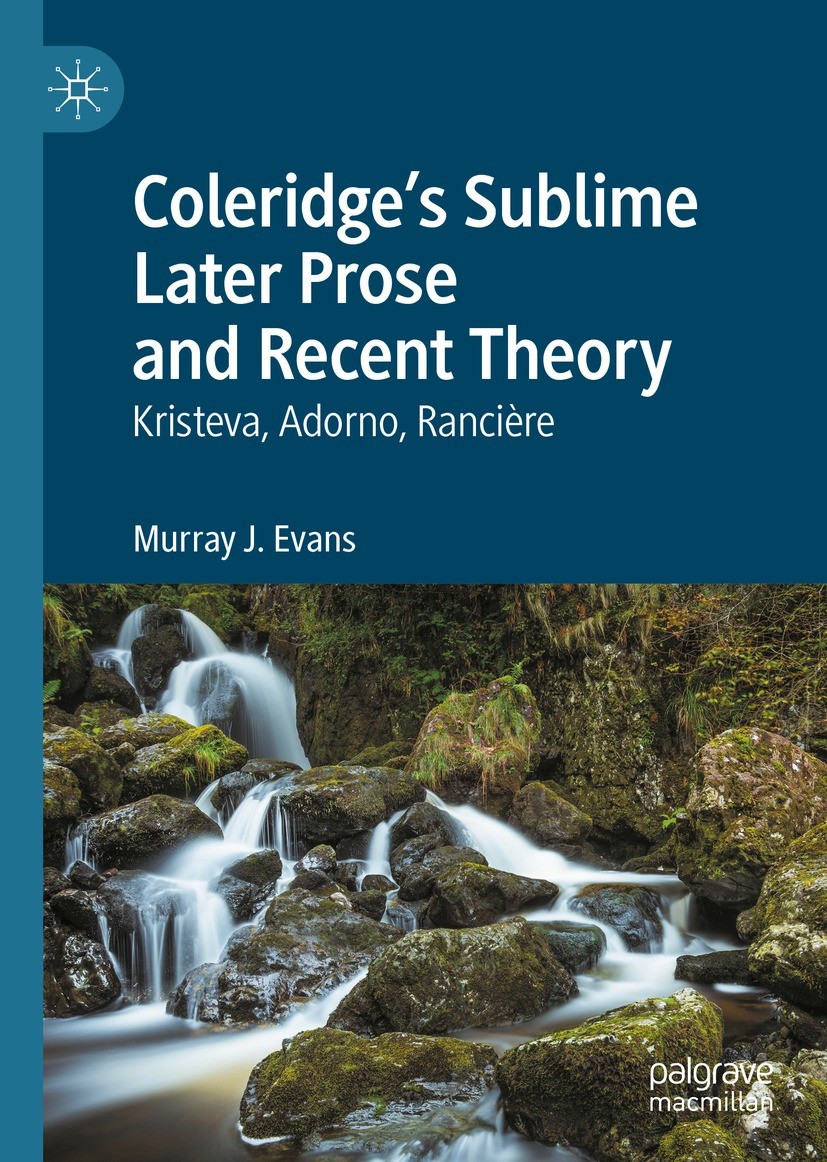
On February 25th 2019 Dr Philip Aherne gave a talk about Coleridge's latter days in Highgate, and the spread of his influence in the United States throughout the 19th and 20th centuries.
Dr Aherne, who teaches English at Highgate School, began with a consideration of Coleridge's biography, outlining why he moved to Highgate and explaining that the initial impetus for moving in with the Gillmans was to seek relief from his opium dependency (which the Gillmans considered to have been successful).
He then moved on to lay out the programme of education apparent in Coleridge's later works before considering his fame as a talker. Dr Aherne also examined how aphorism played a vital role in shaping Coleridge’s philosophy – a philosophy centred on a process or method of thinking as much as any particular creed.
After a brief consideration of Coleridge's intellectual relationship to Locke and Kant – and the respect for him displayed by the English philosopher John Stuart Mill – the talk was brought to a close with an assessment of how young American thinkers were very receptive to his intellectual method.

The Coleridge Legacy: Samuel Taylor Coleridge's Intellectual Legacy in Britain and America, 1834–1934
Philip Aherne
Palgrave Macmillan
This book examines the development of Samuel Taylor Coleridge’s intellectual legacy in Britain and America from 1834 to 1934 by focusing on his late role as the Sage of Highgate and his programme of educating young minds who were destined for the higher professions (particularly preaching and teaching). Chapters assess his pedagogy and his late publications, his posthumous reputation, and his influence on aesthetics, theology, philosophy, politics and social reform. The book discusses a wide range of British and American intellectuals, including Thomas and Matthew Arnold, F. D. Maurice, John Stuart Mill, Henry Sidgwick, Shadworth Hodgson, T. H. Green, James Marsh, Ralph Waldo Emerson, Horace Bushnell, William James and John Dewey. It demonstrates how Coleridgean ideas were developed and distorted into something he would never have recognized as his own and emphasizes his significance as a catalyst who played a vital role in shaping the intellectual vocation of the long nineteenth century.
To purchase this book visit Amazon: https://amzn.to/2H9xBoz or visit the Palgrave Macmillan website
Report by Drew Clode





